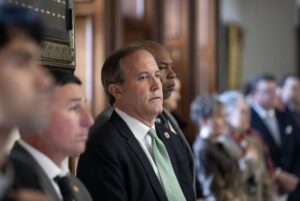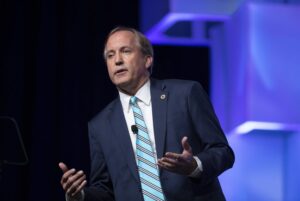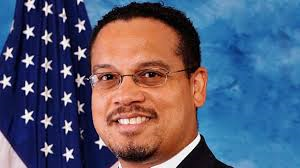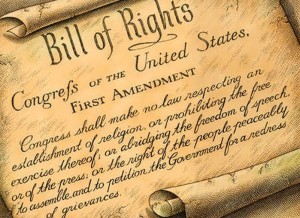Two Texas judges, Brian K. Umphress in Jack County and Diane Hensley in McLennan County, are suing the state because their religious faith compels them to refuse to perform same-sex marriages.
Hmm. OK. Let me pose this question: What part of the oath of office you took that says you shall obey all the laws of the state and be faithful to the U.S. Constitution don’t you understand?
These individuals both swore to uphold the secular laws of the counties they were elected to govern. The oath demands that they are faithful to those laws. It makes no mention of their religious beliefs or gives them any room to say, “Well, I’ll obey only those laws that do not conflict with my faith.”
This is nonsense.
Both of these judges are empowered by the Texas Constitution to perform marriage ceremonies. The Constitution, though, does not require them to perform every single service that shows up on their agenda.
These individuals have sued the Texas Commission on Judicial Conduct, which has sanctioned them for refusing to perform the duties to which they swore their oath. The Dallas Morning News reports, by the way, that even though Umphress presides over the Jack County Commissioners Court, he is not a “law judge.”
Justice of the Peace Hensley also is empowered to perform marriages. She has refused for the same reason that Umphress cites. I should tell her the same thing: Such empowerment is not a requirement.
Both of these folks can hand those duties off to other duly empowered county officials if they cannot in good faith perform that duty.
I also need to remind them both — although they know it already — that the U.S. Supreme Court, citing its belief in the equal protection clause in the U.S. Constitution, has declared gay marriage to be legal in all 50 states.
If the laws of the land do not comport with these judges’ religious beliefs, then they shouldn’t be serving in their respective public offices.





